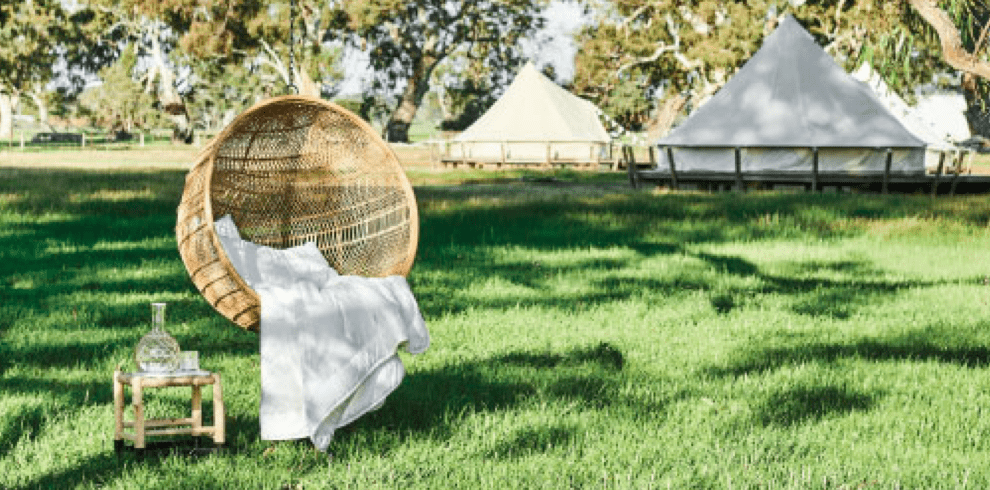Never underestimate the importance of a good night's sleep! Today, good sleep is considered as important to our health and wellbeing as good nutrition and regular exercise. Serious health issues including high blood pressure, diabetes and heart disease have all been linked with sleep deprivation.
Poor sleep impacts your body, affecting concentration, mood and memory. Lack of sleep also influences the hormones that regulate hunger and has been associated with overeating and obesity. If you are struggling to achieve your forty winks each night, developing good sleep hygiene habits can help. Read on for MiniJumbuk's 6 top tips for better sleep.
Sleep regular hours
Whether you like to go to bed early or stay up all night, find a bedtime that suits your sleeping pattern and try to stick to it. With practice, your body will adjust to the pattern and learn when it is time to nod off.
Work out how much sleep you need
While it is recommended that adults sleep 7-8 hours per night, this is a guideline. If you only require 6 hours each night, once you wake, hop up and get going. There is no point tossing and turning to fill up the extra hours.
Unwind before sleep
As part of your bedtime routine, allow time to relax. Use this space to reflect on the day that has been and plan for tomorrow. Try to avoid using screens, choosing instead to perhaps take a bath, read quietly or meditate.
Get comfortable
An overheated room or bed will lead to interrupted sleep. Keep your bedroom cool (18oC is recommended) and use natural fibres for your bed clothes. Wool, cotton, bamboo and linen are all breathable and are great choices to help regulate your body temperature as you sleep.
Limit siesta time
While a short day time nap (or after dinner snooze) can be beneficial in certain circumstances, it can impact night time sleeping. If it is absolutely essential, set an alarm to wake you after 20 minutes.
Seek professional assistance
If an ongoing lack of sleep is negatively affecting your health, we recommend you visit your doctor. Sleeping tablets and self-medication may help in the short term, but will not fix the cause of your problem.
https://www.sleephealthfoundation.org.au/tips-for-a-good-night-s-sleep.html



